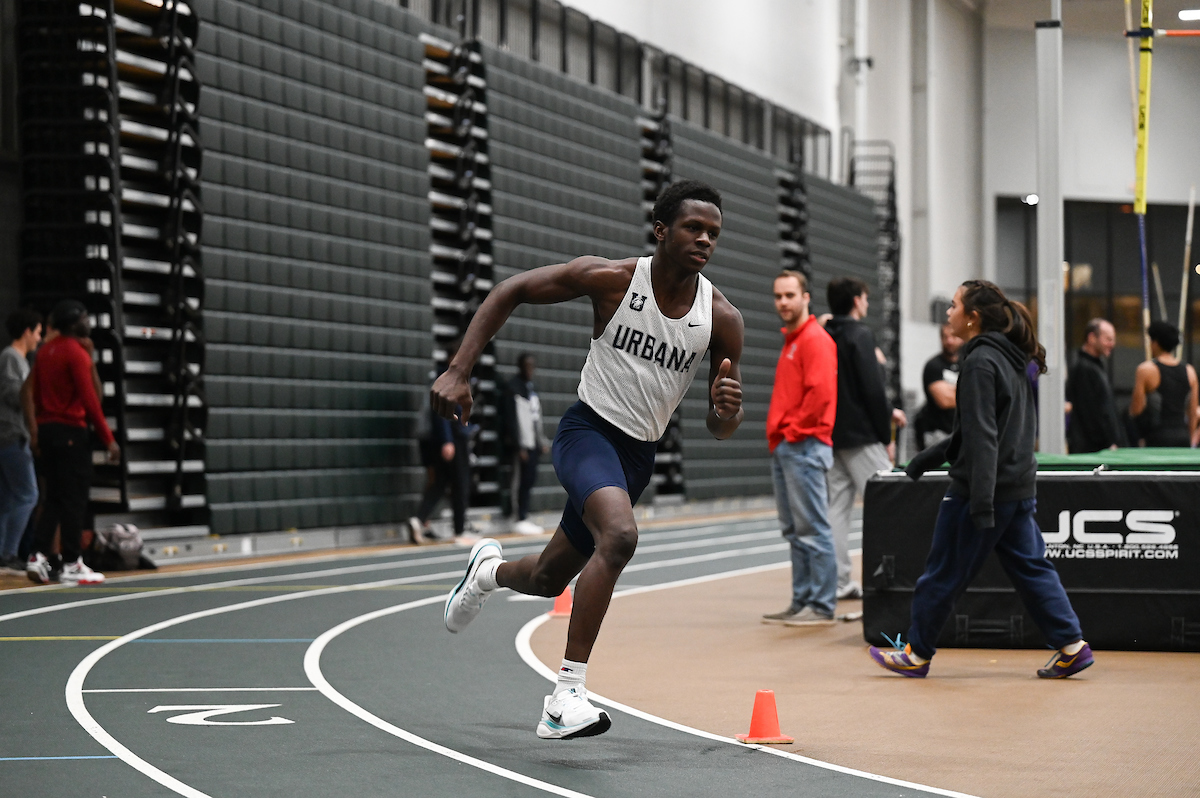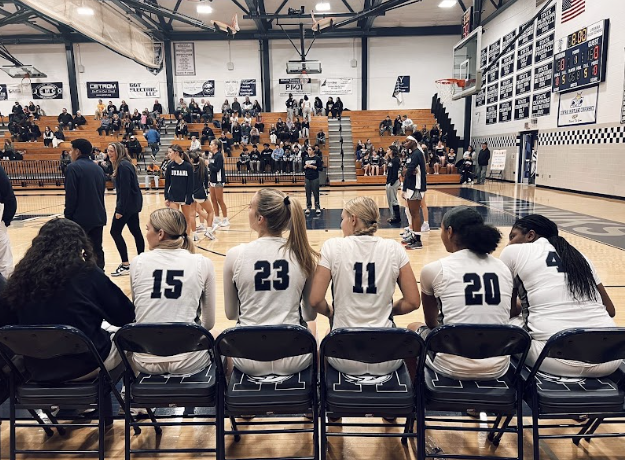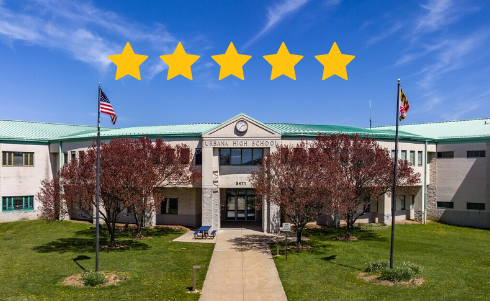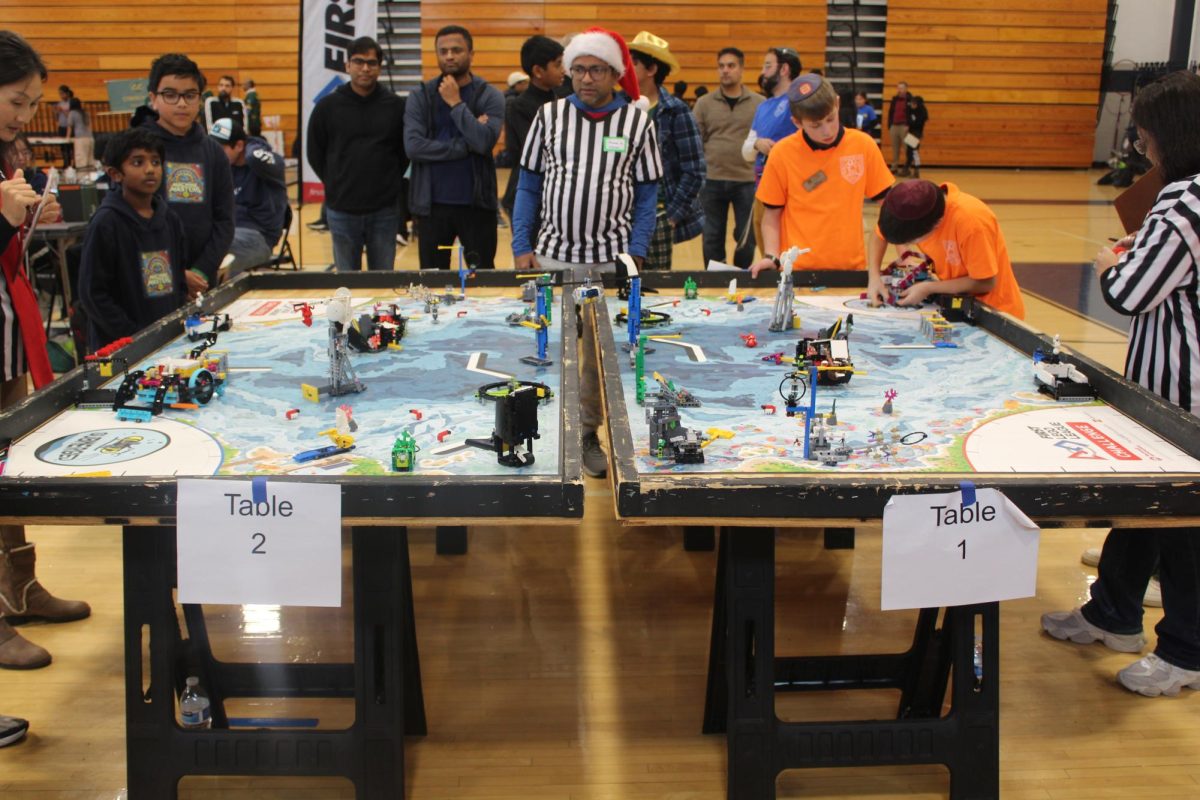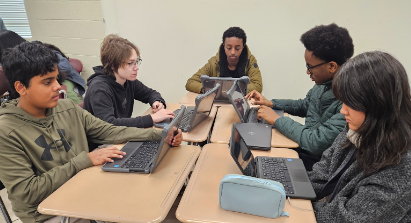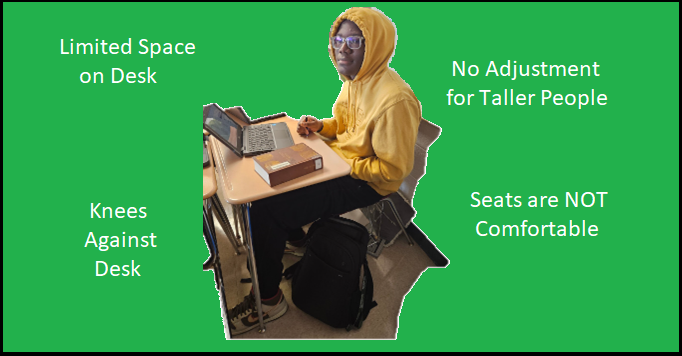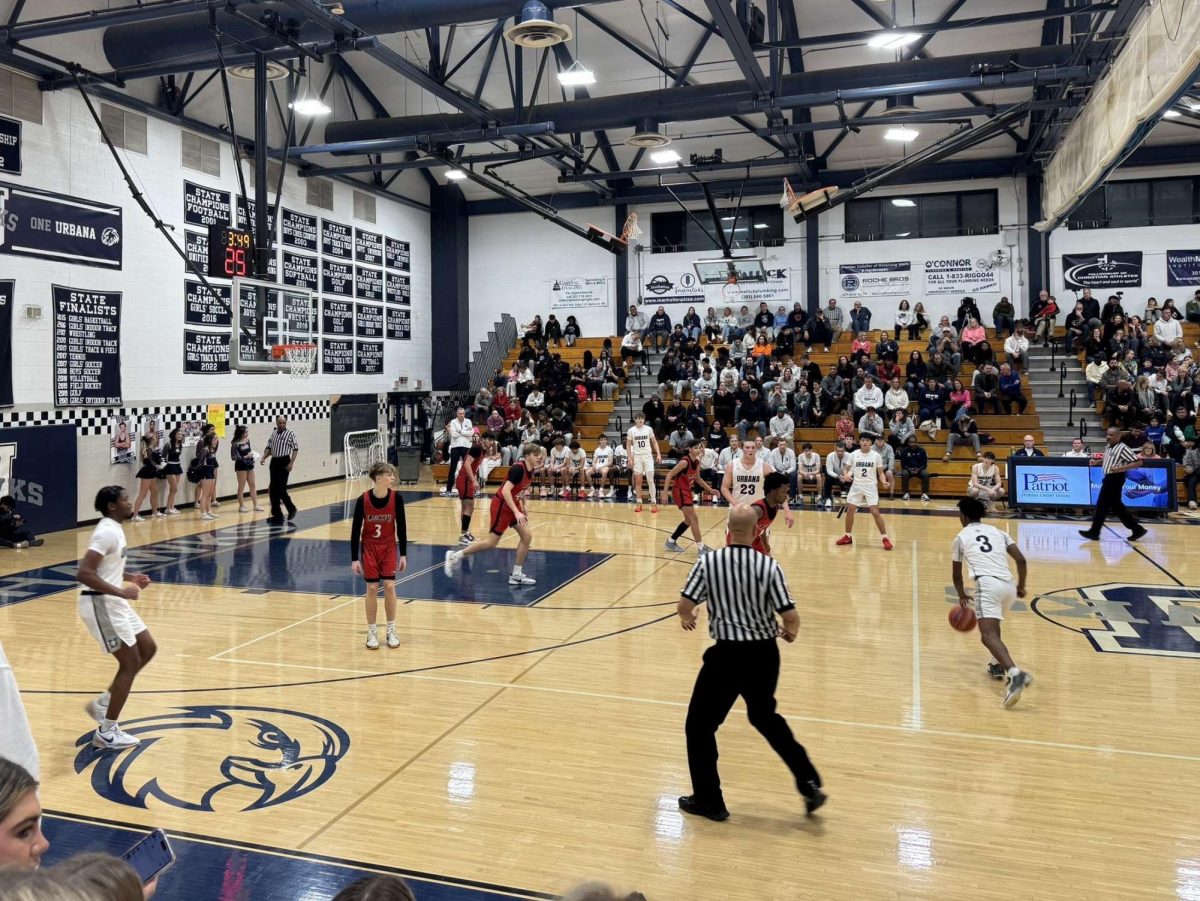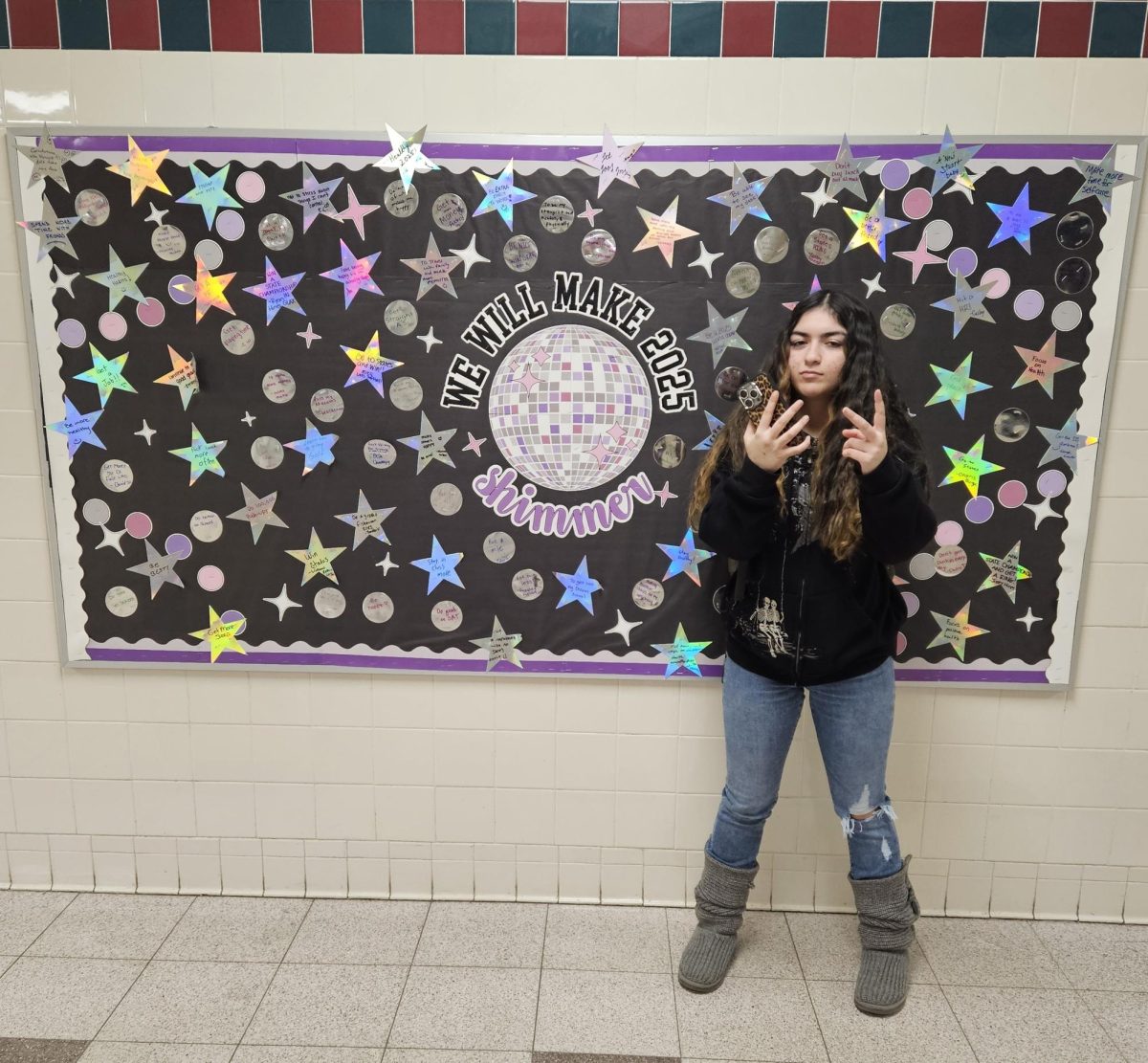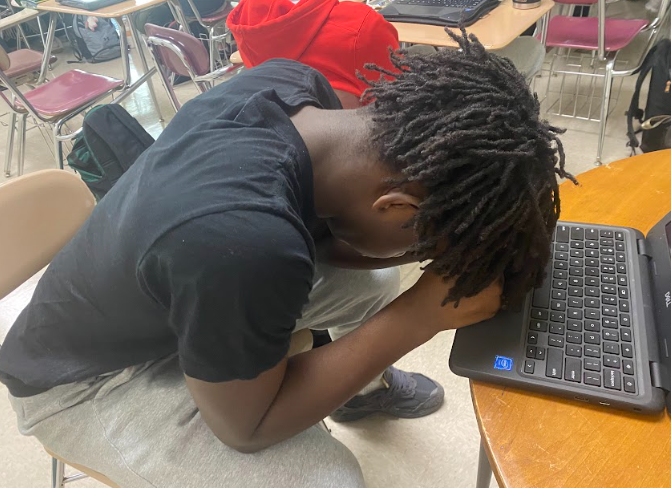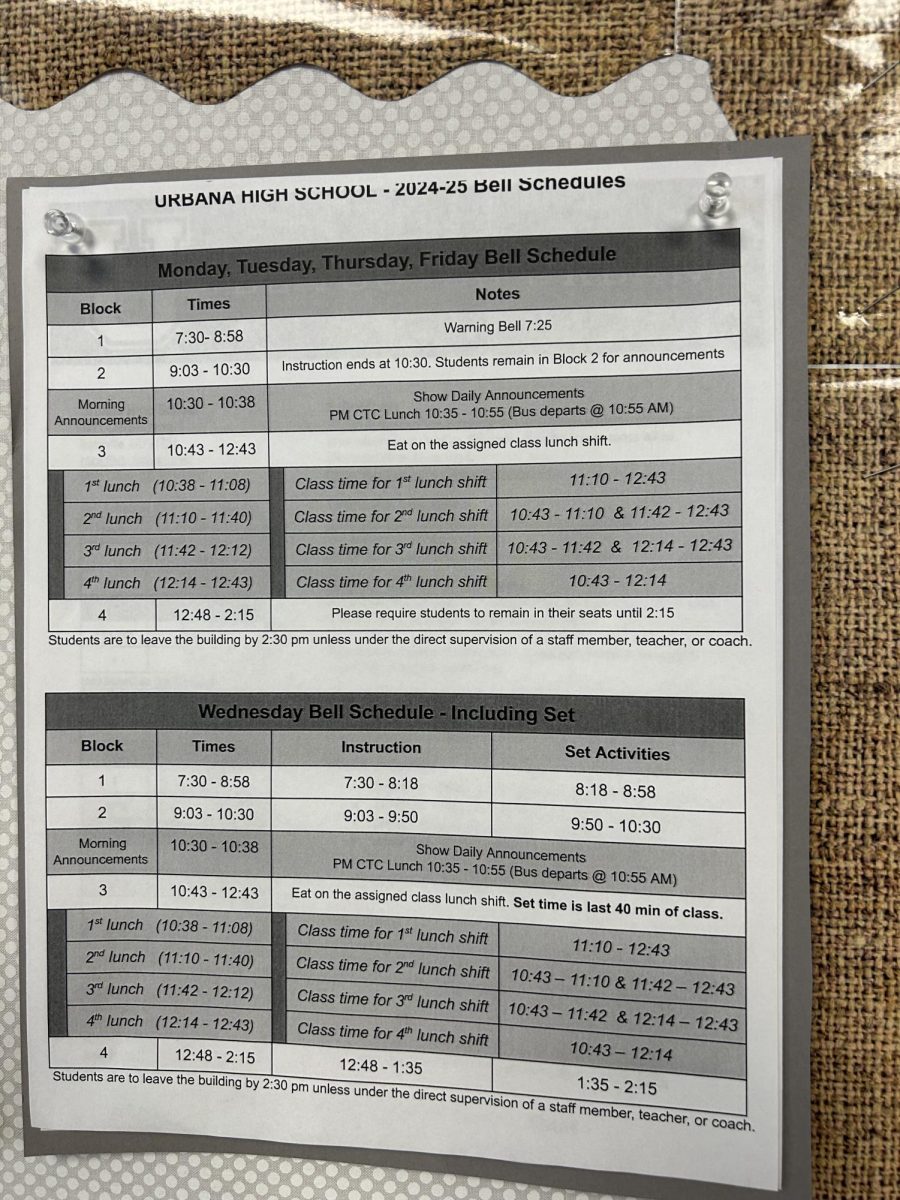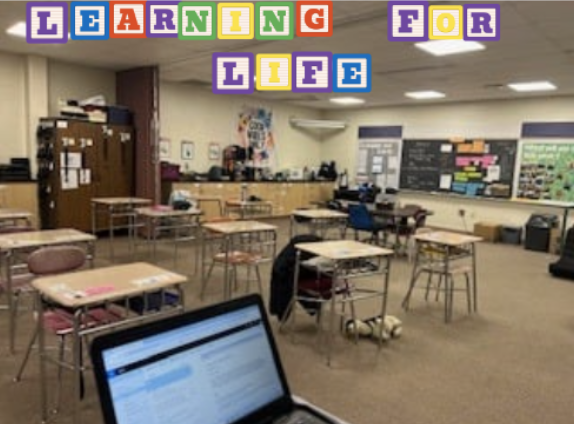Dependent on devices: How Coronavirus is fueling the Digital Revolution
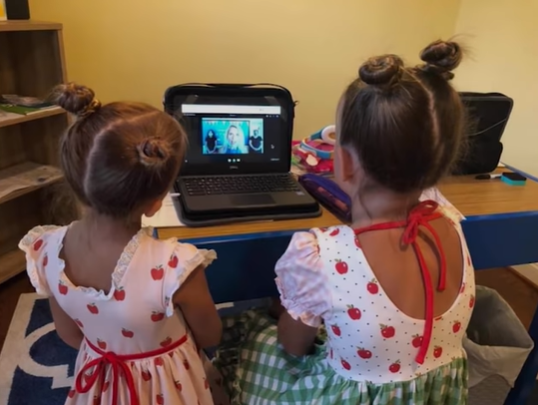
image courtesy of youtube.com/FCPSMaryland
October 7, 2020
In this age, teenagers are often accused of being addicted to their smartphones. However, with the rise of COVID-19 impacting the way we communicate, learn, and function, we’ve placed our hope as a society in the virtual world that has been rapidly growing since the start of what many are calling the Digital Revolution. Is this change temporary, or will this new reality become the norm, even after the threat of the coronavirus dictates our technology use?
On April 20th, 2014, Huffington Post’s Angella Nazarian published an article titled, “The Technology Revolution and Its Role in Our Lives,” comparing the modern world’s rapidly developing electronics to the historic Industrial Revolution of the late 18th century. Back in 2014, however, Nazarian and the rest of America could never have imagined the magnitude of technological dependence we’d be facing in 2020 in the depths of COVID-19.
“During the Industrial Revolution, factories and machines replaced many jobs, and increased productivity. The same is true with this new wave of innovation – some jobs are shrinking or will disappear completely, as new ones will be created,” Nazarin writes, unaware of the supercharge in technological advancement the world will see as a result of the pandemic. COVID-19 is not only changing our day-to-day lives, but also our day-to-day jobs.
In fact, Reason Magazine’s editor-in-chief and Yale graduate Katherine Mangu-Ward expressed her own thoughts on the matter in an interview with Politico, claiming “COVID-19 will sweep away many of the artificial barriers to moving more of our lives online.” With these barriers removed, society will undergo a quicker shift towards the result of the Digital Revolution, whatever that result may be.
Learning and job landscapes are rapidly changing, too, Mangu-Ward writes. “It turns out,” she says, “[that] an awful lot of meetings (and doctors’ appointments and classes) really could have been an email. And now they will be.” This presents a more dramatic shift than Nazarian predicted in 2014. With the increasing need for technology, jobs and businesses will not only be run differently, but many will disappear as the world is beginning to realize just how capable technology is.
But what does this all mean for students? How will our future be affected by this irreversible technological dependence the pandemic has placed upon us?
Urbana High School senior Ashley Day has noticed her technological dependence shifting as a result of the pandemic, as have many students, due to the obligations involved with virtual school. “Before the pandemic, I wasn’t really on my computer a lot,” she told The Hawkeye this September. However, once most of life’s activities became virtual near the beginning of this year, Day has said that it feels wrong when she’s not looking at a screen. “It’s difficult to avoid my computer,” she admitted.
When asked if she would continue to use technology in this way, Day answered with a laugh. “I probably will continue with this excessive technology use,” she concluded, “I’ve adjusted to this new lifestyle.” And although she said she would like to go on a break from technology after all of this is over, she wasn’t sure if it would be of any benefit. Referencing the job shift of the Industrial Revolution, as did journalist Angella Nazarian in her article, Day acknowledged the benefits of new technology, arguing that a shift in jobscapes caused by advancements in technology doesn’t equal over-reliance, but rather efficiency.
As for the future of school: perhaps, given this new online approach, future schooling will become more virtual. But does that mean we’ve departed from the days of paper assignments and writing deadlines in our planners? Will we no longer have to shoulder our textbooks to and from school? Are classes going to become more focused on instruction rather than independent work time?
Friday, April 24, Brookings Institution released an article titled, “How will COVID-19 change our schools in the long run?” In this piece, education specialist Douglass Harris predicts the changes schools will make as a result of the coronavirus, comparing the “new norm” of the global pandemic to the drastic changes undergone by New Orleans following the devastation of hurricane Katrina.
“Most people think that they just want to get things back to normal. That makes sense. After all, the schools didn’t do anything to cause the crisis. So, why change them?” Harris remarks, “That’s what many thought after Katrina. The schools didn’t cause the devastation, so why change them? Yet, change they did.” If not for the tragedy of the hurricane, the New Orleans school system would not have changed in the way that it did. And, after things were changed, families got used to the news ways, quickly disregarding the traditional policies of the past. This could be the same for the pandemic, Harris argues.
“Crises force us to adapt,” Harris writes, “[and] people get comfortable with some of these adaptations.” Even when the threat of the coronavirus no longer looms, many of the changes schools have been forced to make will remain, regardless of the intentions. If these adaptations don’t directly impact education, Harris offers, then there will surely be “indirect effects that lead to other changes.”
The coronavirus has undoubtedly sped up the Digital Revolution, but only time will tell what that means for the future. As for now, it’s apparent that our lives will never go back to what was previously recognized as “normal” in relation to our digital presence, but will these unrestricted technological advances become the new norm? As Katherine Mangu-Ward expressed, once the coronavirus has unlocked abilities we didn’t know technology could provide, “it will be near-impossible to put that genie back in the bottle.”
Works Cited
Harris, Douglas N. “How Will COVID-19 Change Our Schools in the Long Run?” Brookings, 24 Apr. 2020, www.brookings.edu/blog/brown-center-chalkboard/2020/04/24/how-will-covid-19-change-our-schools-in-the-long-run/.
Nazarian, Angella. “The Technology Revolution and Its Role in Our Lives.” HuffPost, HuffPost, 18 Feb. 2014, www.huffpost.com/entry/the-technology-revolution_b_4809786. Accessed 16 Dec. 2019.
Politico Magazine. “Coronavirus Will Change the World Permanently. Here’s How.” Politico, 19 Mar. 2020, www.politico.com/news/magazine/2020/03/19/coronavirus-effect-economy-life-society-analysis-covid-135579#tech.

